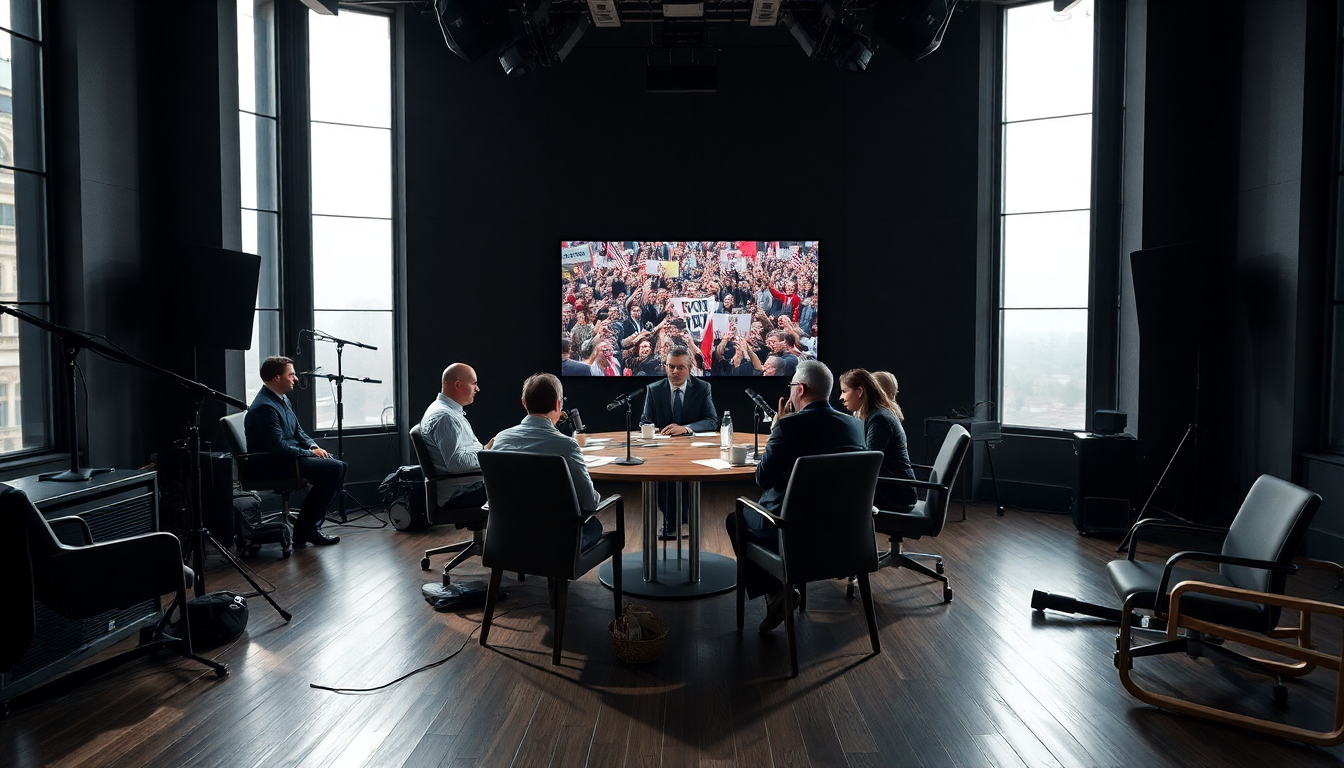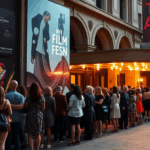Table of Contents
On a recent evening, a panel discussion on CNN took an unexpected turn when leftist podcast host Touré raised eyebrows by questioning the legitimacy of President Donald Trump’s reported shooting incident at a rally in Butler, Pennsylvania. This moment of contention not only sparked heated exchanges among the panelists but also opened the door to broader questions about the White House’s transparency regarding Trump’s health.
Have we become too complacent in accepting official narratives without scrutiny?
The Incident and Its Implications
The conversation kicked off with the panel discussing the administration’s transparency, and Touré suggested that there was uncertainty surrounding the details of Trump being shot in the ear during a campaign rally.
His remarks, which hinted at skepticism about the shooting’s authenticity, quickly ignited a passionate response from fellow panelist Scott Jennings. You could see the disbelief on Jennings’ face as he pressed host Abby Phillip for clarification, particularly taken aback by Touré’s use of the word ‘supposedly.’
This exchange underscores the intense nature of political discourse, especially when it comes to sensitive topics like health and safety.
As Jennings sought a correction, Touré continued to challenge the narrative, questioning the lack of information coming from Trump’s medical team. His insistence on hearing directly from the doctors about the President’s health left the panel in a state of disarray, with Phillip trying to bring some order back to the discussion.
Amidst the chaos, the conversation also delved into the broader implications of the President’s health and the media’s role in reporting such critical events. The panelists, a diverse mix of political commentators, each brought their perspectives to the table, but it was clear that Touré’s comments had struck a nerve, leading to a fiery debate about accountability and the flow of information.
Responses from Panelists
As the conversation unfolded, Phillip worked to mediate the situation, reiterating that Trump had indeed been shot in the ear. This statement prompted further interruptions from Touré, who continued to demand more transparency from the President’s medical advisors.
Jennings countered by recalling what he had witnessed at the Republican National Convention, pointing out Trump’s bandaged ear as evidence of the shooting.
The discussion highlighted contrasting views on the media’s role in covering political events and the expectations of transparency from public officials. While some panelists advocated for a more fact-based approach to reporting, others emphasized the need to scrutinize the narratives presented by political figures. Isn’t it crucial for the media to hold those in power accountable?
As the debate continued, the panelists grappled with the implications of the shooting incident, not just for Trump but for the political landscape as a whole. The clash of differing opinions underscored the complexities of political discussions in today’s media environment. How do we navigate the truth in a world filled with conflicting narratives?
Context and Broader Impact
This incident unfolds against a backdrop of ongoing discussions about the President’s health, especially following recent medical evaluations that have caught public attention. As noted during the panel, Trump’s health has been a hot topic, particularly after noticeable changes became evident during his public appearances. What does this mean for our trust in political leaders?
The conversation highlights a significant moment in political media, where the narratives surrounding a President’s health and safety can lead to meaningful public discourse. As the panelists reflected on the implications of the shooting, it was clear that events like these not only impact individual leaders but also shape public perception and trust in the political system.
Looking ahead, it remains to be seen how this incident will influence the ongoing dialogue about health transparency in politics. The interactions on the panel serve as a reminder of the challenges faced by media outlets in tackling sensitive topics while ensuring accountability from those in power. In a time where information is everywhere, how do we discern fact from fiction?





